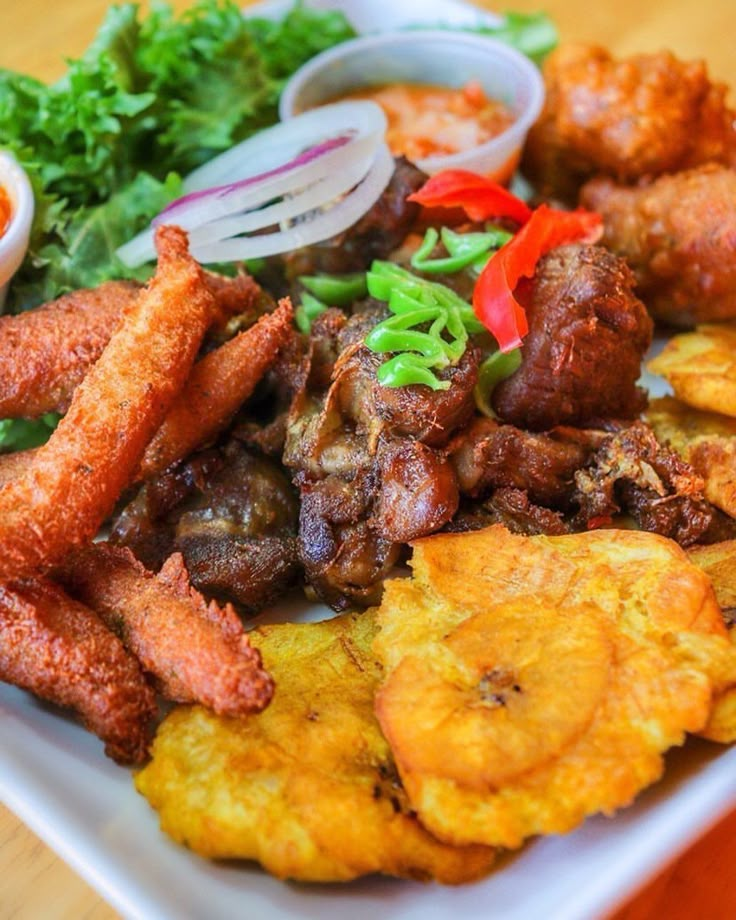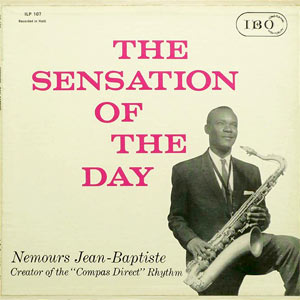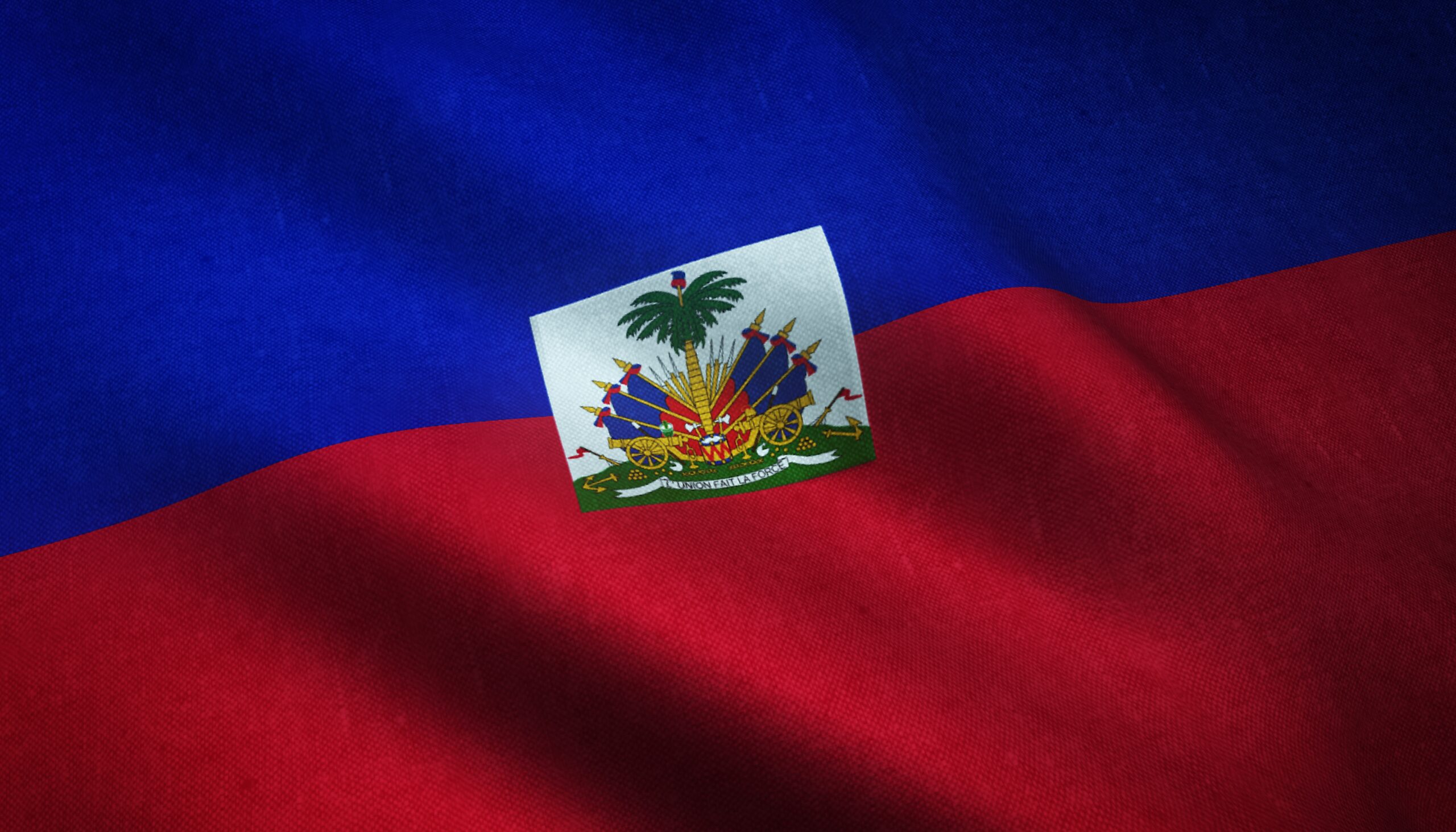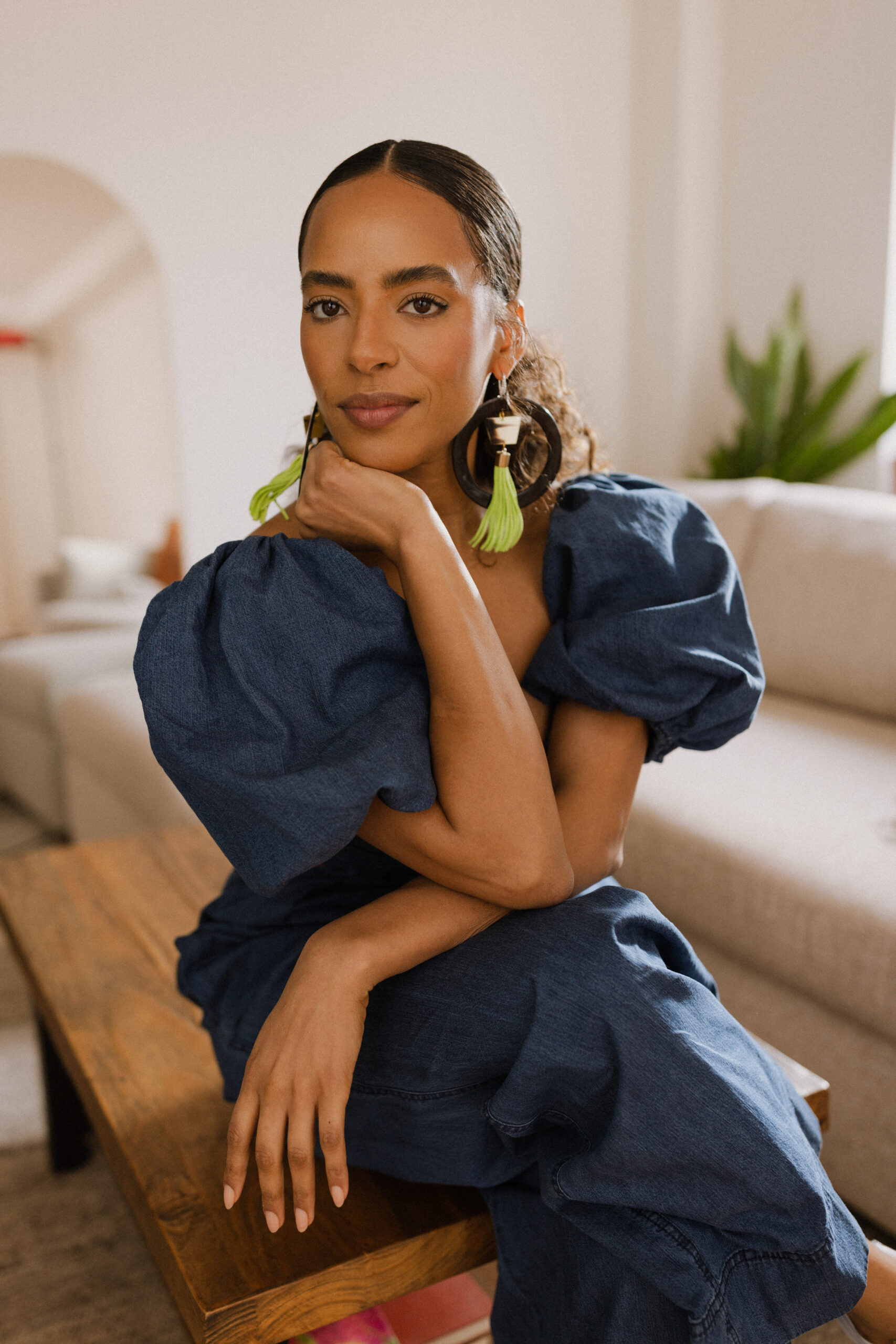
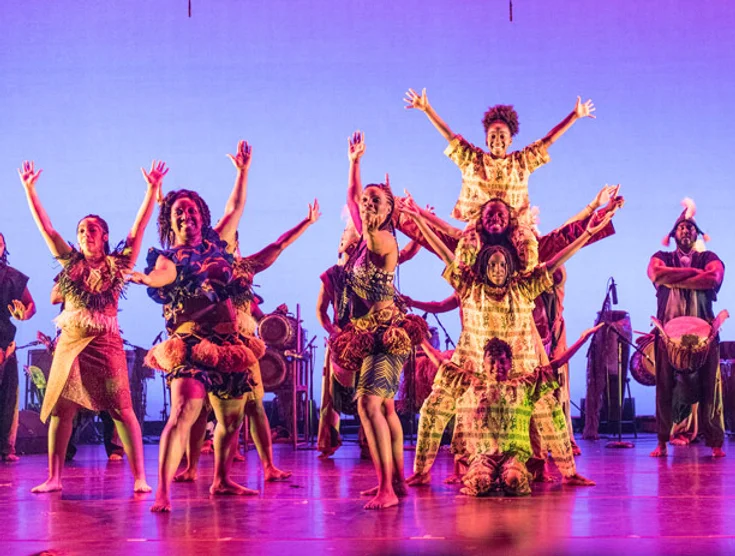
For over 40 years, BAM continues to highlight the African culture through fashion, artistry, and dance. The greatly anticipated virtual festival extends its celebration of African culture to the Caribbean by highlighting the first Black independent nation, Haiti.
When asked for the inspiration behind this event, Artistic Director Abdel R. Salaam says, “Haitian folkloric dance is one of the most profound forms of vernacular dance and cultural expression that we have within the diaspora in the new world. It links us directly to the African continent in language, movement, nuance, and texture. When we call upon, or we relate to those particular divine forces of nature as manifested in dance and music, there’s an inner voice and empowerment that begins to rise within our own being and understanding. I’m continually empowered by the essence of that culture.” (Dance Enthusiasts, May 2021)
DanceAfrica is Brooklyn Academy of Music (BAM)’s longest-running program and America’s largest celebration of African dance, music, and culture representing the African diaspora. Founded in 1977 by Chuck Davis with the aim of heightening awareness of African culture, the festival has evolved into a beloved annual Memorial Day weekend event that brings together the entire community. Over the years, DanceAfrica has expanded with performances in several major cities, through the leadership of Chuck Davis and the DanceAfrica Council of Elders.
The Council of Elders are an instrumental part of the evolution of DanceAfrica. With over 40 artists, producers, musicians, healers, designers, and activists involved, the Council of Elders provides support on every level to the production of DanceAfrica. From choreography to garment making, artistry, and interpretation, the Council of Elders continues to preserve the history of African culture each year at DanceAfrica.
In 2015, Chuck Davis stepped into his new role as Artistic Director Emeritus and graciously passed the Artistic Director baton to Abdel R. Salaam. Baba Chuck passed away in 2017, and we continue to honor his legacy.
Every year DanceAfrica continues to welcome artists across the African diaspora to the BAM Howard Gilman Opera House. The performances include traditional and contemporary dance companies, students of BAM/Restoration DanceAfrica Ensemble, and live music. The weekend-long festival also features masterclasses, community events, film screenings, an art exhibition, and the celebrated DanceAfrica bazaar. This global marketplace of African, African-American, and Caribbean arts, crafts, and food features over 200 vendors and attracts up to 30,000 visitors per year.
2. How did the DanceAfrica Performance program come into existence?
DanceAfrica began in February 1977 with a residency of the Chuck Davis Dance Company at BAM. Upon entering, visitors found themselves in the middle of a constructed African village. A note in the 1977 program read: “In essence, you are visitors to our village which is wherever we are. We welcome you with Dyembes (Drums) and Eparoro (Chant). Through the chant, we ask that you not only enjoy your stay with us but form with us a comradeship that will remain a lasting association.” And indeed, the association has been long-lasting: each subsequent spring has brought a celebration of African identity and heritage to Brooklyn, as DanceAfrica has expanded the metaphorical village into a real community.
For more information on the history of DanceAfrica including photos and videos, you can visit the DanceAfrica timeline on the BAM Archives site.
3. I am curious, what was the motivation around showcasing Haiti?
The question of “why Haiti” is best described by Artistic Director, Abdel R. Salaam in the below quotes.
From Amsterdam News:
“A lot of times in our culture when we hear the term Vodou and those negative connotations come up…[I wanted] to make a point about the importance of these African Diasporic traditions, I wanted to illustrate a positive way to look at Vodou, to look at the dances, the music, and traditions that honor the forces of nature and our ancestors. For many people this is a way of life that is exalted in song, dance, and ritual and it’s something that happens throughout the Diaspora and there are different countries in the continent as well as here that practice this particular tradition,”
4. Tell us a little about Abdel R. Salaam?
Abdel R. Salaam is the Artistic Director of DanceAfrica; the Executive Artistic Director/Co-Founder of Forces of Nature Dance Theatre, founded in 1981; and a critically acclaimed choreographer. Born in Harlem, he has served as a dancer, teacher, and performing artist in five continents throughout his 51-year career in the dance and theater worlds. He has received numerous awards and fellowships for excellence in dance and dance-theater and continues to dedicate his life’s work to the healing and empowerment of us all.
5. What can people expect from this virtual experience?
They can expect to see a celebration of dance, culture, and community as they have never seen before. With a virtual presentation, you will see traditional and contemporary dance not just on the stage, but on beaches in Haiti, the Bay Area, and the Bronx, at Basquiat’s grave, in a warehouse, on the steps of BAM and beyond! This will be an unparalleled experience!
6. If anyone is interested, how can they support DanceAfrica or BAM?
People can support DanceAfrica by joining the community and buying a ticket to the performance (tickets start at $10) and attending any or all of the free events including the dance party, pursuing the Bazaar and supporting Black-owned business, watching a curated film in the FilmAfrica series, and taking lots of photos on our online virtual photo booth!
